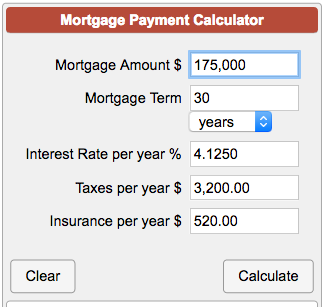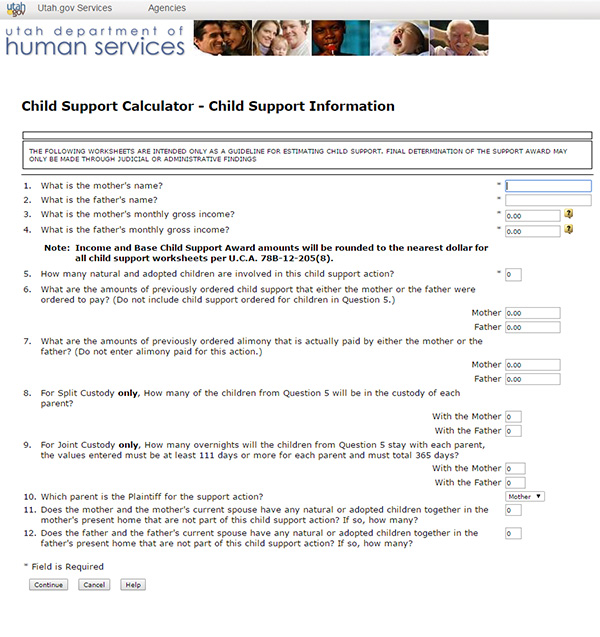

In counting the length of the award of alimony, you include the period of time the party pays temporary alimony before the final divorce decree is entered by the court. The court may not order alimony for a period longer than the length of the marriage, unless there are special reasons for doing so, which a party can raise with the court at any time before the alimony order ends ("before the termination of alimony" is the language in the bill). Sometimes, the court will try to equalize the parties' standards of living. In short marriages with no children, the court may consider the standard of living when the marriage began. Generally, in determining alimony, the court considers the parties' standard of living at the time of separation. substantially undermining the financial stability of the other party or the child.knowingly and intentionally causing the other party or a child to reasonably fear life-threatening harm or.knowingly and intentionally causing or attempting to cause physical harm to the other party or a child.engaging in sexual relations with a person other than the party's spouse."Fault" means any of the following conduct during the marriage that substantially contributed to the breakup of the marriage: The court may also consider the fault of the parties in determining whether to award alimony and its terms.Whether the recipient contributed to increase the other spouse's skill by paying for their education or by allowing them to attend school during the marriage.Whether the recipient worked in a business owned or operated by the other spouse.Whether the recipient party has custody of minor children who need support.The longer the marriage, the stronger the case for alimony. The length of the marriage, meaning the number of years from the day on which the parties are legally married to the day on which the petition for divorce is filed with the court.

As a general rule, debts may not be incurred to defeat alimony. This includes income from all sources weighed against their debts and obligations.

The ability of the paying spouse to provide support.This also includes the impact of diminished workplace experience resulting from primarily caring for a child of the paying spouse. This includes past employment history, ability or inability to work and income received from all sources, including passive income. The recipient's earning capacity or ability to produce income.This includes the recipient's monthly debts and obligations, and their ability to pay these debts. The financial condition and needs of the party who would receive alimony.The court may consider the following and other factors when deciding whether to award alimony: Alimony may be awarded temporarily while the case is pending or for a longer period after the divorce has been granted.

Alimony, sometimes referred to as spousal support, is the court-ordered allowance that one party pays to the other party for support while they are separated, in the process of getting divorced, or after they are divorced.Įither the husband or the wife may ask the court for alimony.


 0 kommentar(er)
0 kommentar(er)
